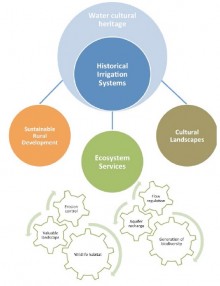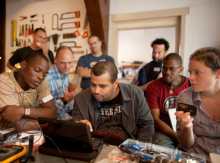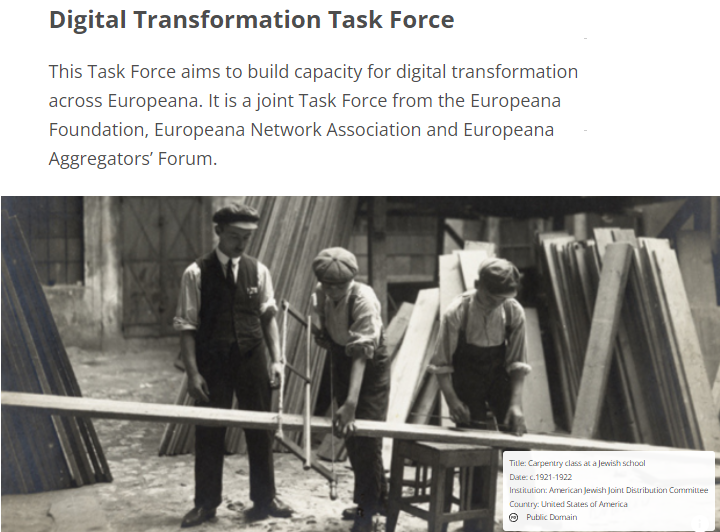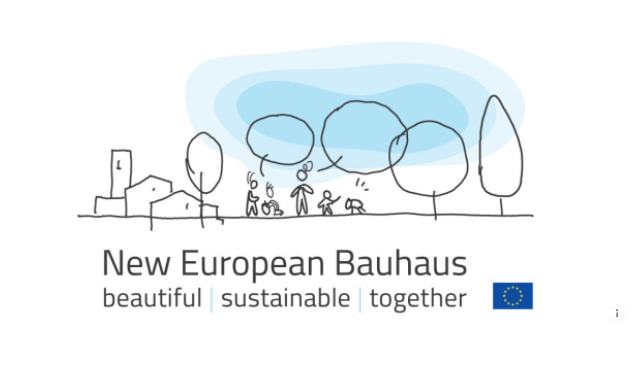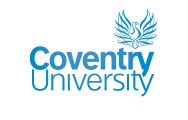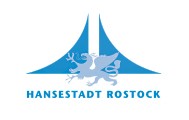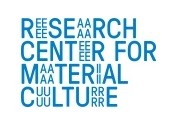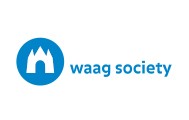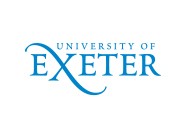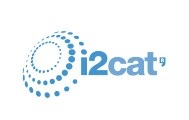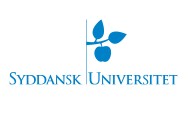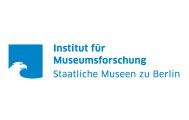As cultural heritage (CH) institutions are rethinking and remaking themselves, shifting from traditional to renewed practices of CH representation and promotion, using new technologies and digital facilities, new meanings associated with terms such as “preservation”, “digital library” or “virtual performance” emerge every day. With the absence of a common Taxonomy in Europe, a variety of definitions of these CH-related concepts are shared and used interchangeably, making the task of research and recognition difficult.
The new RICHES policy brief, published on the project website under the title “RICHES Taxonomy of cultural heritage definitions”, presents evidence and recommendations emerging from the research undertaken to develop the RICHES Taxonomy of terms, concepts and definitions, which aims to: ensure appropriate academic, professional and technical standards for research are met in identifying, analysing and understanding both existing ways and new models for defining CH and CH practices; develop a common CH language to serve the interests of the wider CH community, including policy-makers, cultural ministries of member states, regional, national and state authorities, public administrations, European institutions and researchers and professionals generally. This policy brief aims to consider whether CH communities have a clear understanding and a coherent framework to use when addressing social and cultural issues, including technical, organisational, legal, economic and educational issues and the question of standards and audit/certification. The RICHES Taxonomy addresses the rise of new CH concepts, considering their multiple dimensions and their meanings, which can vary and shift in unpredictable and unexpected ways. RICHES has acknowledged that there is currently a genuine lack of a clear, shared understanding of what CH is, how it is interpreted and communicated differently in the digital age and what questions it should be seeking to answer for the future. The Taxonomy has been developed in response to the emergence of new terms and concepts that are used in the context of CH in contemporary European society. Of particular significance in this respect is the way digital environments have impacted upon the management, interpretation, communication, preservation and reception of CH (for instance, terms such as “digital archiving”, “digital curation” and “digital preservation” are now commonly used).
Download the RICHES Taxonomy policy brief (PDF)




